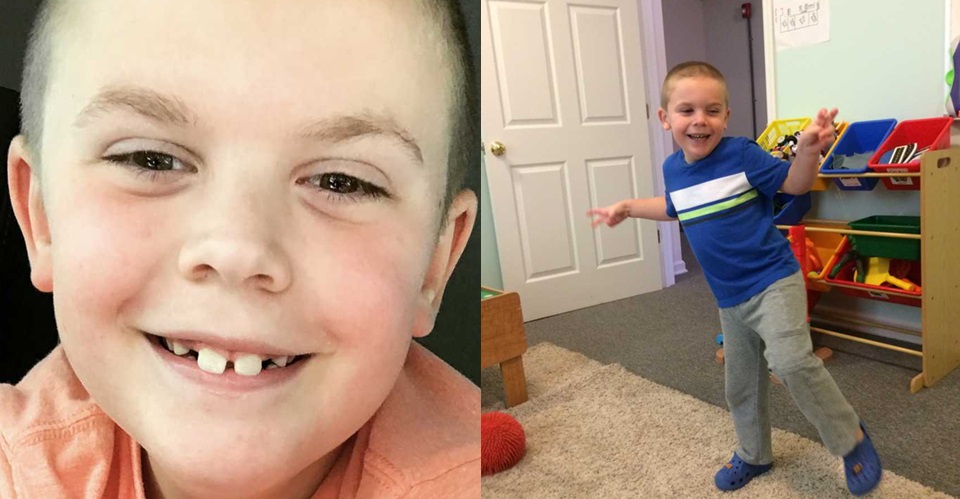People often ask one question about Drake, which always lands the same way, heavy and familiar: Will he ever talk? His mother, Jill, has learned to pause before answering, to take a breath that carries seven years of motherhood, therapy sessions, and quiet victories. The truth is, she doesn’t know. And that’s okay.
Drake was diagnosed with autism when he was two and a half. But long before that, before the specialists and evaluations, Jill’s heart already knew something was different. When other babies giggled and clapped, Drake seemed to drift somewhere far away, caught in his world. He rarely made eye contact, didn’t respond to his name, and seemed uninterested in the toys other toddlers adored. She remembers searching online late at night, typing words like poor eye contact in babies into the search bar, her stomach sinking as the results filled the screen with one word over and over: autism. That word changed her life, but it wasn’t the end of their story. It was only the beginning of a new kind of motherhood.
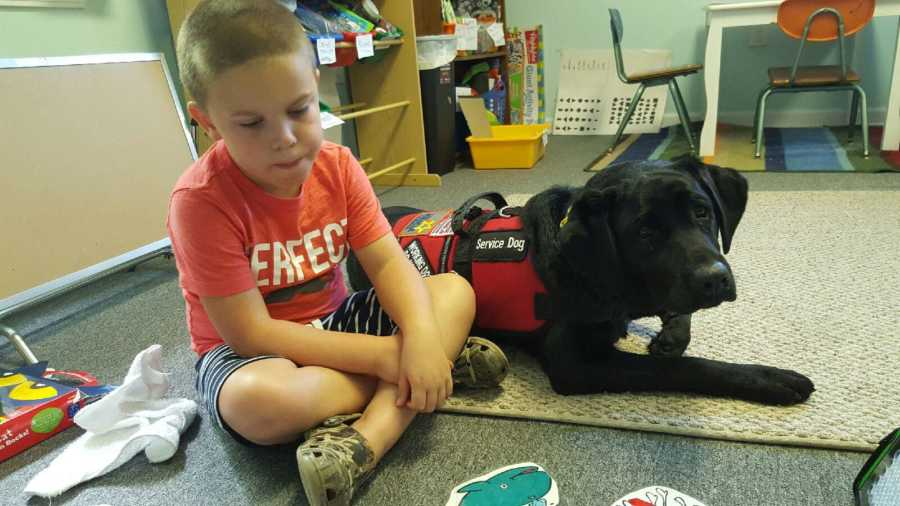
Along with autism, Drake was later diagnosed with apraxia of speech, a condition that makes verbal communication incredibly difficult. It’s not that he doesn’t want to speak; it’s that the muscles in his mouth and the messages from his brain don’t cooperate. Sometimes they connect, sometimes they don’t. Therapy helps, but progress comes slowly, if at all. And still, Jill refuses to let that be the measure of her son’s worth.
By the time Drake turned seven, the world of statistics and science began whispering what felt like a cruel prediction, that his chances of developing fluent speech were slim. But Jill doesn’t live by numbers or predictions. She lives by faith, small miracles, and hope that doesn’t fade even after years of waiting. Hope, for her, looks like watching Drake point to something he wants. It looks like him learning a new sign for mama. It looks like him tugging her hand toward the kitchen when he’s hungry or pressing his face against hers when she says she loves him. These are their conversations, the quiet language that speaks volumes without a single sound.
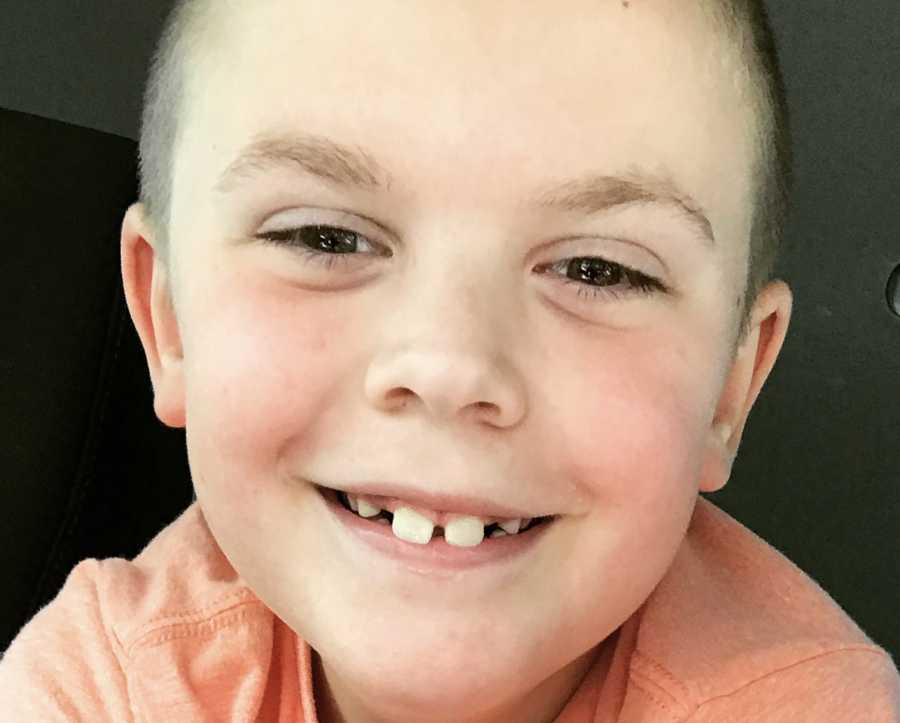
Drake uses several communication tools, signs, gestures, an AAC device, and sheer determination. He may not speak in the traditional sense, but his mother understands him in ways words could never capture. His eyes tell stories. His laughter fills rooms. His patience teaches lessons that no textbook could offer. Of course, Jill sometimes dreams of hearing his voice clearly. The word mama is like music when it slips out unexpectedly. It’s happened a few times — soft, fleeting moments that replay in her mind like favorite songs. But over time, she’s realized that communication is much bigger than speech. Words are only one piece of the human symphony, and Drake has mastered the rest.
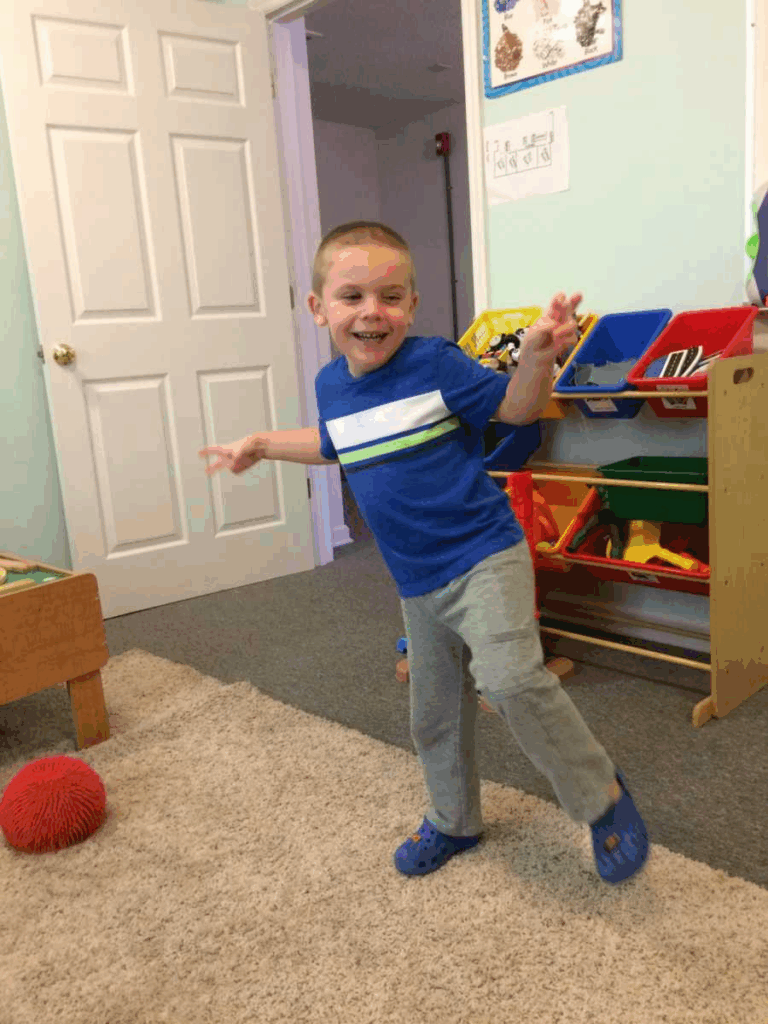
Through him, Jill has learned to listen differently and see more deeply. She has learned that love is not dependent on sound. When Drake nuzzles his face into hers, he says, “I love you.” When he smiles while dancing around the living room, his joy bursts through the silence. It’s enough to melt every worry she’s ever had when he signs Mama after a long day.
People still ask if he’ll ever talk; she understands their curiosity. But it’s frustrating sometimes, because it feels like they’re missing the bigger picture. They see what he can’t do instead of what he already is: brilliant, funny, kind, determined, and content. Words might never come easily for him, but connection does. And isn’t that the whole point of communication anyway?
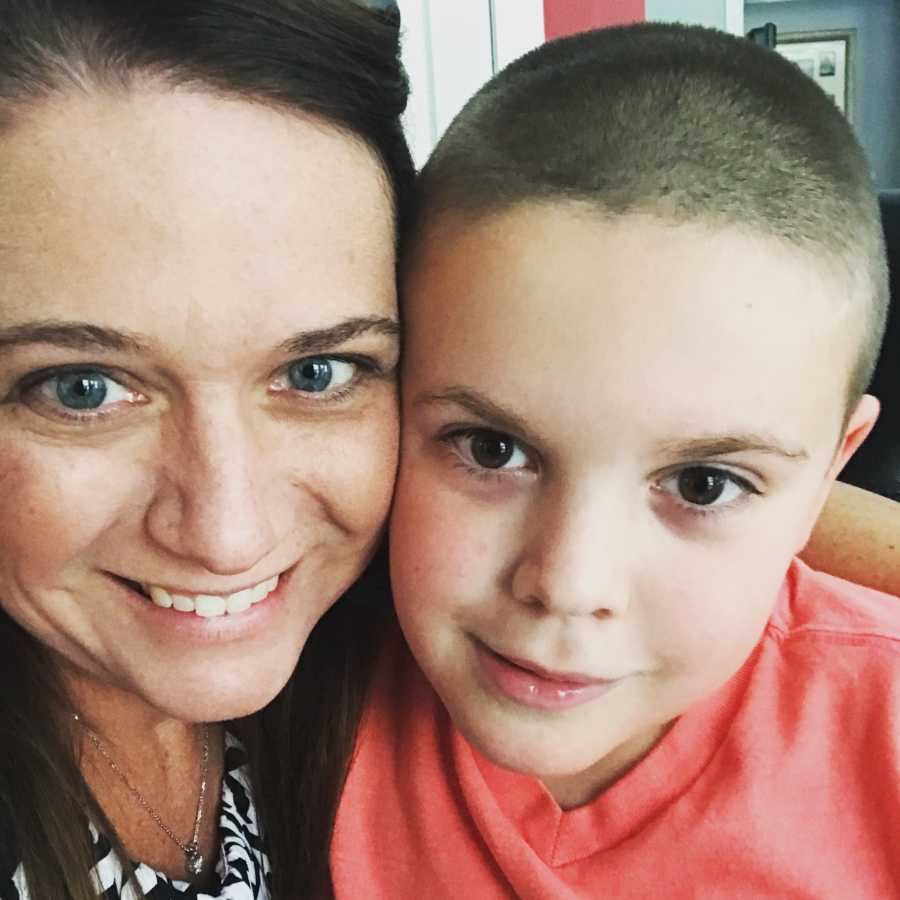
For Jill, the goal isn’t perfect speech; it’s happiness, independence, and confidence. She wants Drake to know that he’s enough, exactly as he is. She doesn’t need him to fit into a world that measures worth by how loud a person can speak. She just wants him to shine in his own quiet, powerful way. Maybe he’ll talk someday, perhaps he won’t. Only time, and maybe God, knows that answer. But his mother already understands what truly matters, that communication can be written in glances, laughter, and touch. And in that language, her son speaks fluently.
